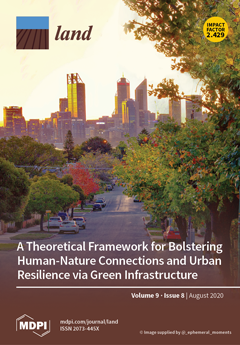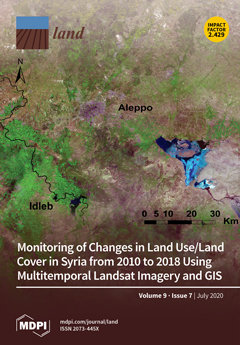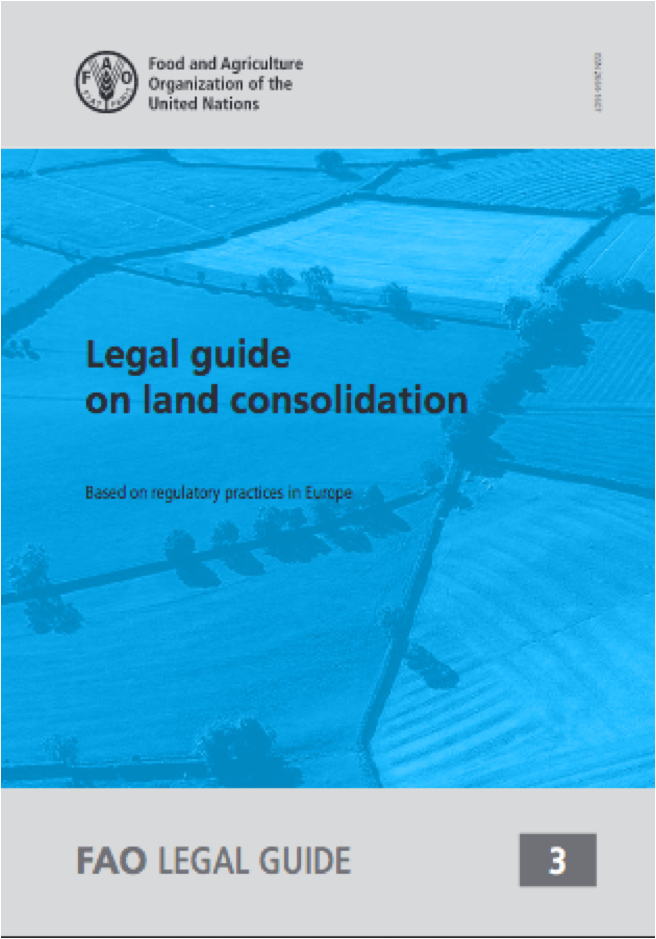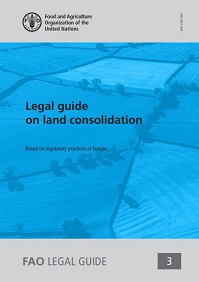Madagascar -Land Tenure and Property Rights Profile
Madagascar is the world’s fourth largest island with a total land area of 581,800 km². The country’s unique wildlife and biodiversity resources have attracted tourists and significant donor investments over the last three decades. In 2003, the Government of Madagascar committed to tripling protected areas and, by 2016, the country’s total coverage of protected areas had increased from 1.6 million to 7.1 million hectares.Madagascar adopted a new approach to protected area management in 2006.









